Welcome to DU!
The truly grassroots left-of-center political community where regular people, not algorithms, drive the discussions and set the standards.
Join the community:
Create a free account
Support DU (and get rid of ads!):
Become a Star Member
Latest Breaking News
Editorials & Other Articles
General Discussion
The DU Lounge
All Forums
Issue Forums
Culture Forums
Alliance Forums
Region Forums
Support Forums
Help & Search
Latin America
Related: About this forumOlmec rubber balls preserved with anoxia technology
Last edited Wed Sep 17, 2025, 01:54 PM - Edit history (1)
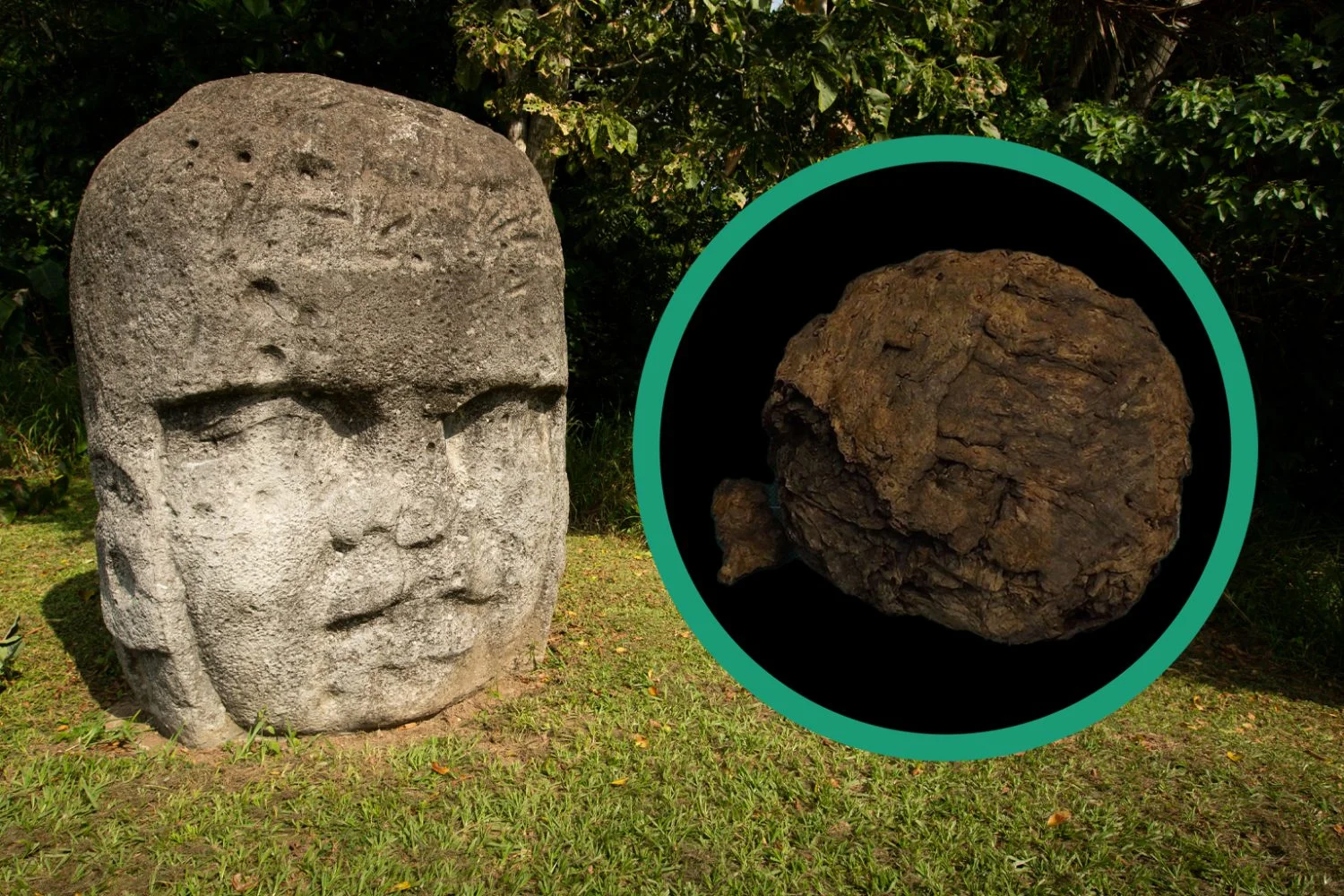
By:
Mark Milligan
Date:
September 16, 2025
Researchers from the National Institute of Anthropology and History (INAH) have developed a new anoxia technique to preserve ancient Olmec rubber balls found in southern Veracruz.
The Olmec are the earliest known Mesoamerican civilisation (also referred to as the “mother culture” of Mesoamerica). The name ‘Olmec’ comes from the Nahuatl word: Ōlmēcatl or Ōlmēcah, meaning ‘rubber people’.
The Olmec civilisation emerged in the present-day Mexican states of Veracruz and Tabasco during Mesoamerica’s formative period (1800 to 900 BC), with the subsequent periods being defined as the Middle Formative (900 to 400 BC), and the Late Formative (400 BC to AD 200).
The best-known facets of the Olmec civilisation are massive, helmeted stone heads, as well as rubber balls made from latex extracted from rubber trees for use in ceremonial ball games.
In a recent announcement by INAH, researchers have developed a new anoxia technique to preserve 14 rubber balls discovered during the late 1980’s at El Manatí, the site of a sacred Olmec sacrificial bog that dates from between 1600 BC to 1200 BC.
El Manatí is located at the foot of Cerro Manatí, some 15 km (9.3 mi) southeast of the major Olmec centre of San Lorenzo Tenochtitlán.
According to INAH: “Each rubber ball has a different circumference and weight, ranging from 4.9 centimetres in diameter to 33 centimetres, and from 180 grams to 4.8 kilograms. It has been determined that the balls are made of a polymer extracted from the Castilla elastica plant, a tropical species once common in Mesoamerica.”
More:
https://www.heritagedaily.com/2025/09/olmec-rubber-balls-preserved-with-anoxia-technology/155976
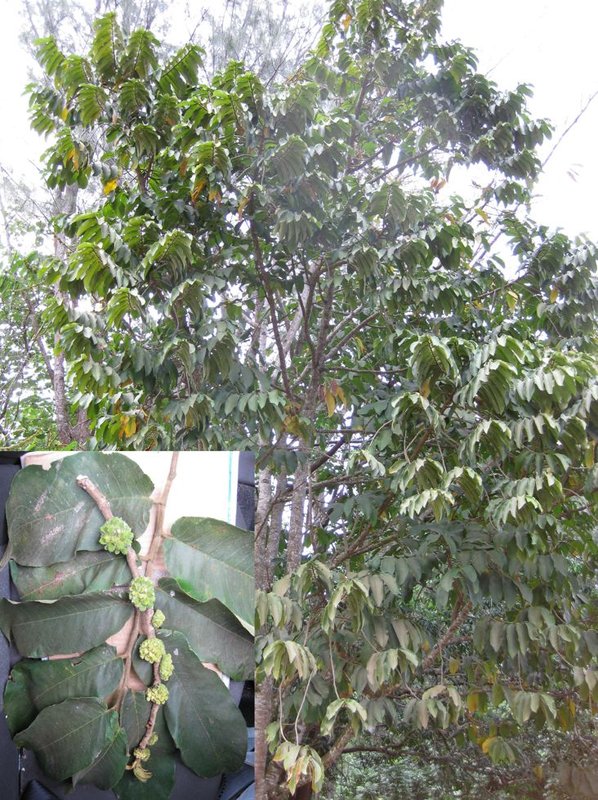
Castilla elastica plant
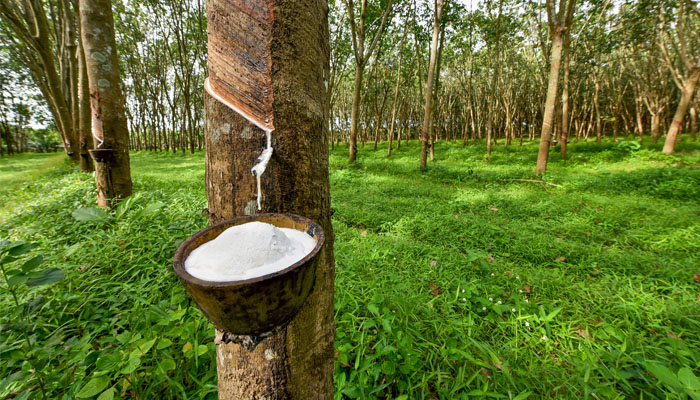
Some of the many discovered ancient colossal stone heads of the Olmecs:

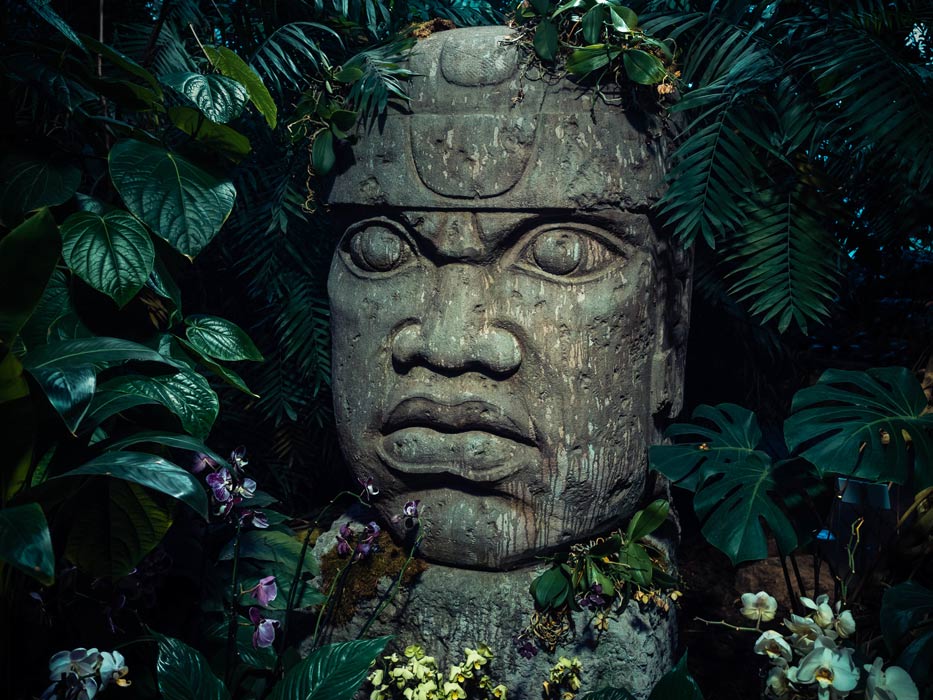
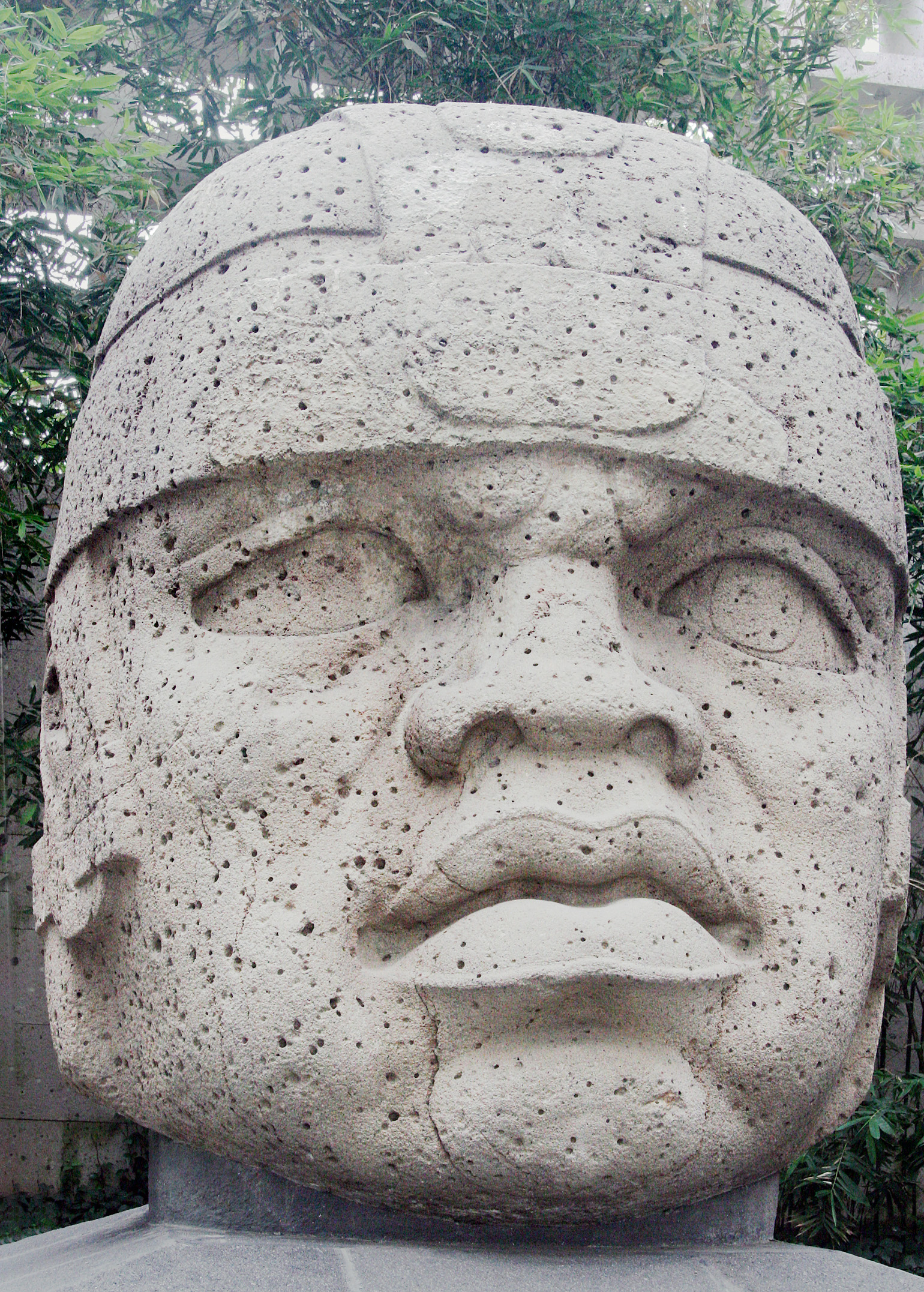
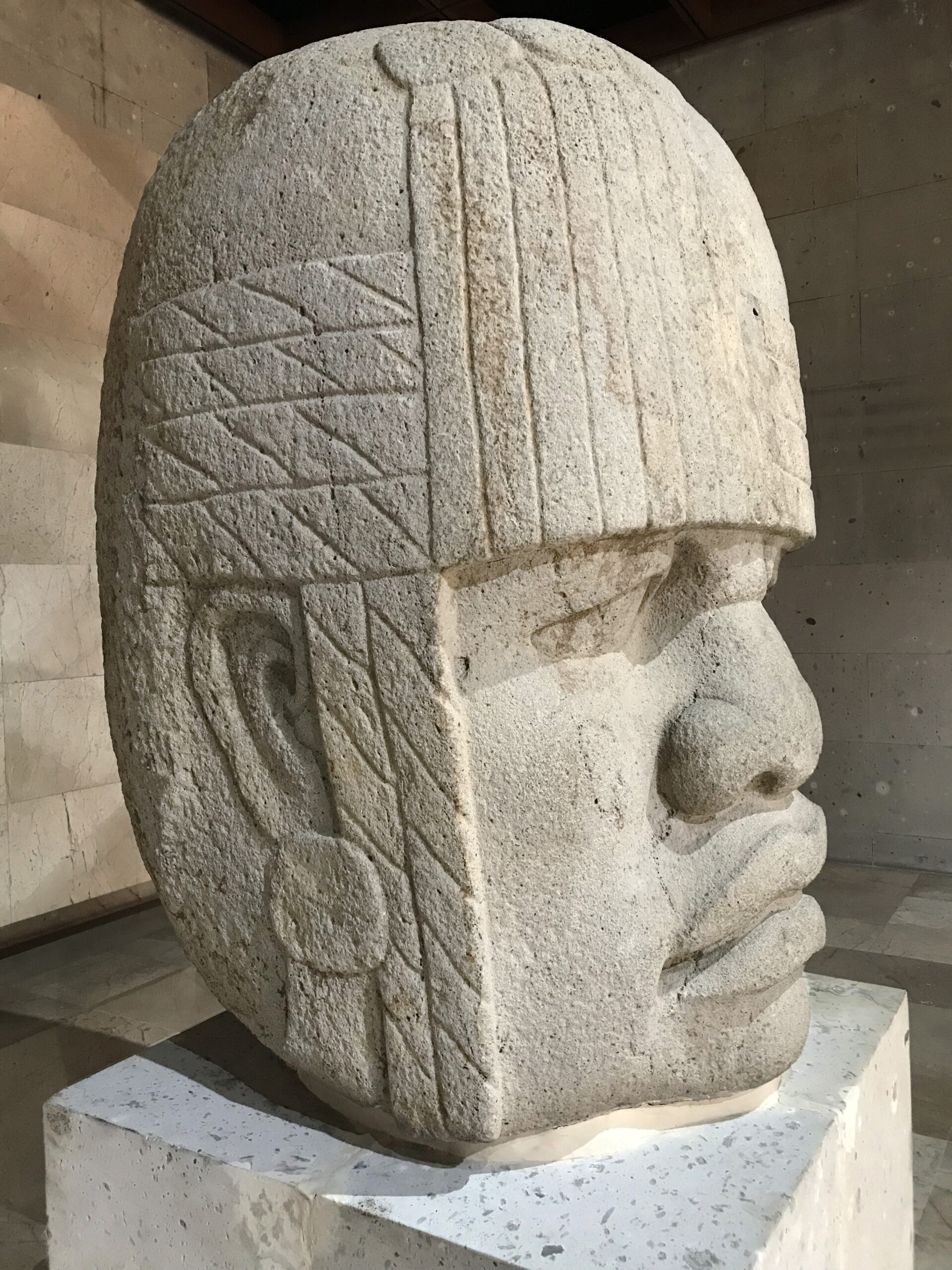
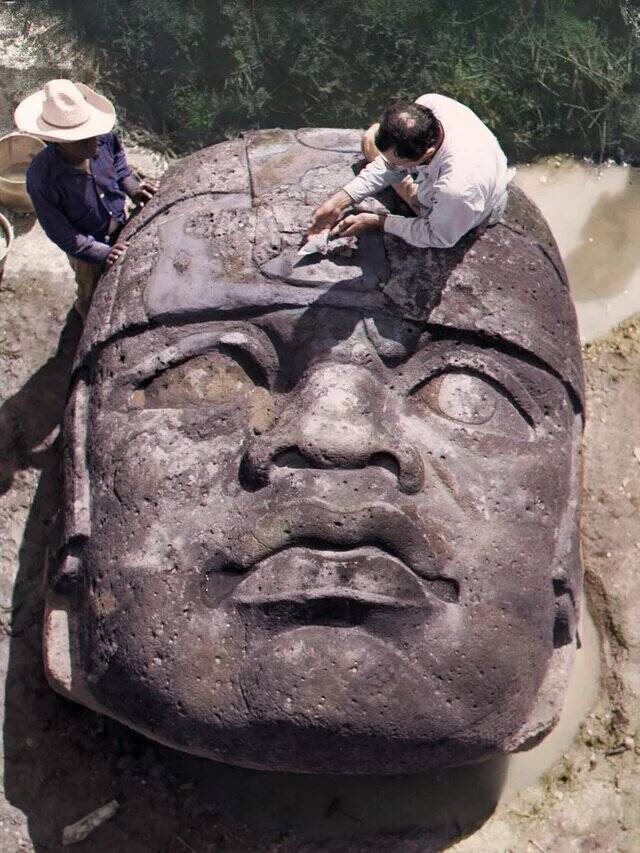
https://www.youtube.com/shorts/sm_ale0-_j0
Is this the early Olmec national dance?
3 replies
 = new reply since forum marked as read
Highlight:
NoneDon't highlight anything
5 newestHighlight 5 most recent replies
= new reply since forum marked as read
Highlight:
NoneDon't highlight anything
5 newestHighlight 5 most recent replies
Olmec rubber balls preserved with anoxia technology (Original Post)
Judi Lynn
Sep 17
OP
rampartd
(3,144 posts)1. wait a second, judi
the balls were not standard size? i can't imagine bouncing a 10 pound ball around the court.
were the losers sacrificed? or the winners?
Judi Lynn
(163,994 posts)2. I just found videos showing the game! It had to be a little rough on the players,
before they won or lost the game, as they couldn't use their hands or feet to control the ball!
The first and second videos both mention the Olmecs, and note the game is around 3,500 years old! One of the videos says the game as played in recreated versions in the present uses a ball which is 7 pounds.
It was unsettling hearing one of the videos mentioning that the players could get killed from getting hit in the head or stomach from the very fast travelling ball! Holy smokes! Check, please!
It would seem the only sensible uniform would look like this:


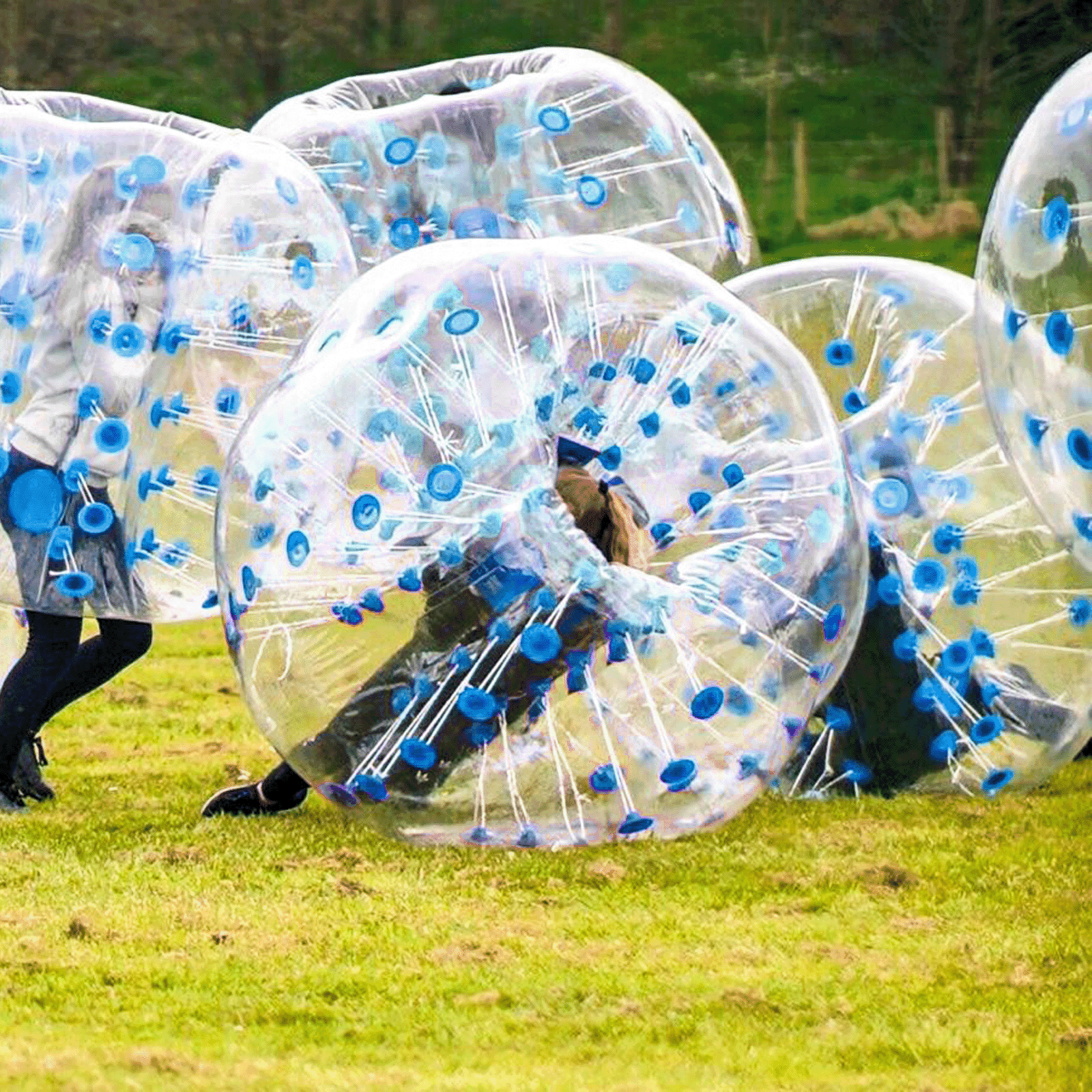
One of the videos shows that the size of the ball is portrayed in ancient artwork as being very, very large, but indicates it was exaggerated for one reason or another.
I'm still in the dark about why players were deliberately "clipped, zotzed, iced, wasted, etc." for losing the game. If they killed the winners, no doubt that could have led to the world's longest, clumsiest game ever played!
rampartd
(3,144 posts)3. the game is fascinating
thanks for the videos. will watch later.
yea. without using hands or feet, that must have been rougher than a rugby "scrum"
wait. did you say "modern players of the game?" must learn more! thanks as always judi lynn